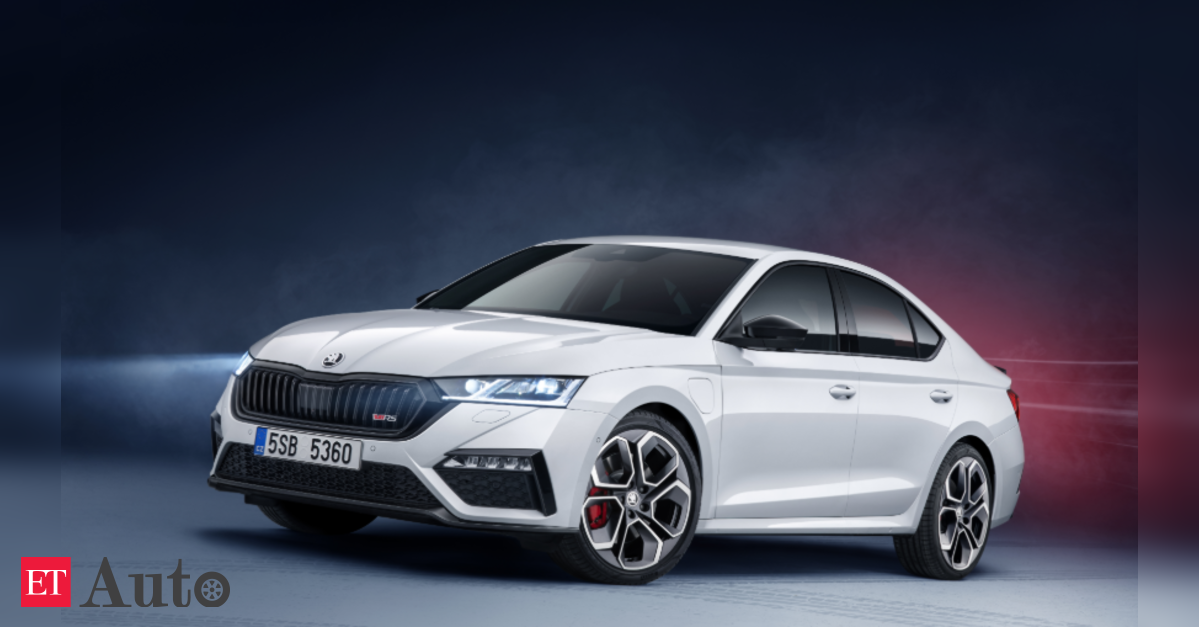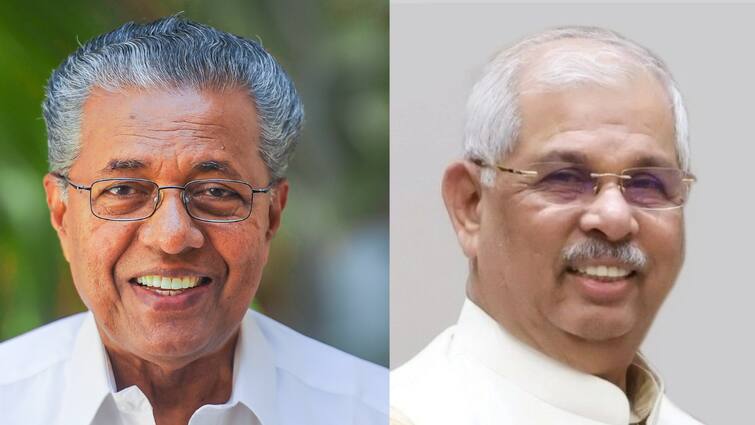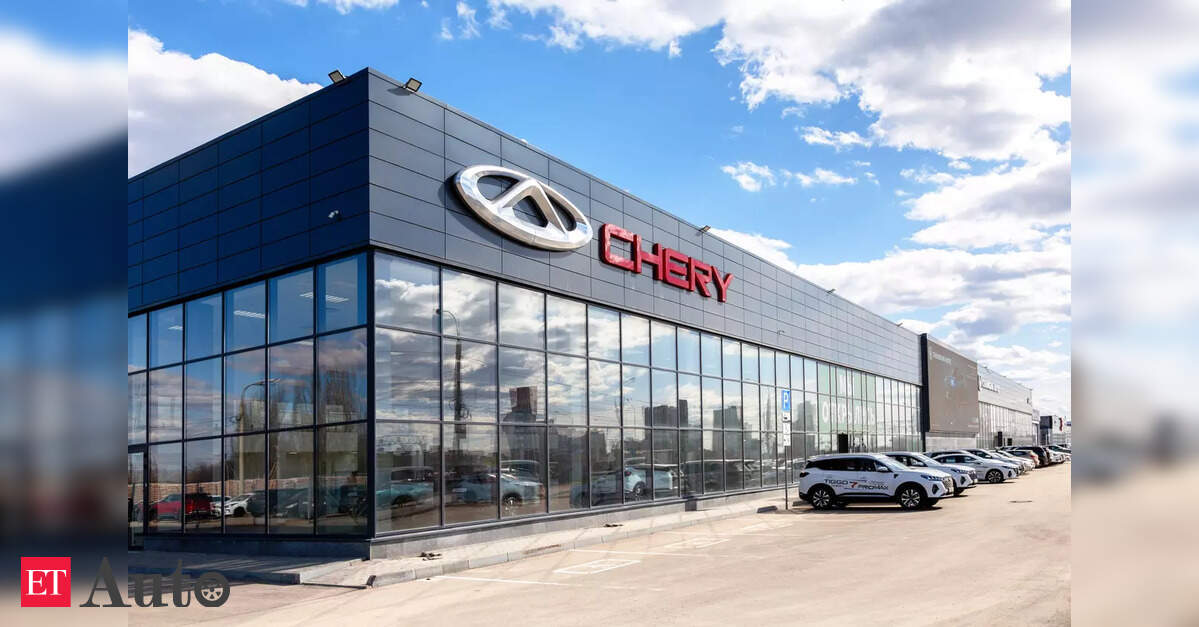 Skoda Octavia RS
Skoda Octavia RSNew Delhi: Czech carmaker Skoda Auto is set to bring back its performance-oriented RS badge in India. Short for Rally Sport, it returns with the Octavia RS sedan, beginning with 100 UK-spec models imported from the Czech Republic via the fully built unit route.
Bookings for the model will open on October 6 via Skoda’s official website for a limited period, with the price to be announced on October 17 and deliveries starting from November 6.
“We have a very strong sedan legacy and are bringing back the Octavia RS in limited numbers with the intention of satisfying the demand from the fans of Skoda,” said the company’s brand director in India, Ashish Gupta at a roundtable.
The Octavia RS first arrived in 2004 as the country’s first turbocharged petrol passenger car, while the standard fourth-gen Octavia was discontinued from April 2023 following the BS-VI Phase-2 regulations. The model clocked annual sales of 1,374 units in FY23.
Skoda is actively considering more RS versions and the Slavia could well be a likely candidate. While the idea is interesting, Gupta noted it would be “highly cost-intensive.” He also clarified that while there are no plans to bring the diesel versions of Superb or Octavia into India this year, the options remain open. He confirmed that Skoda is exploring localisation of its 1.5-litre TSI engine, available in various trims of the Kushaq and Slavia models.
Consumer demand
This year, Skoda marks 130 years of its global legacy and 25 years in India. Despite its long-standing presence in the country, the company has struggled to maintain market share. As a group, Skoda Auto Volkswagen currently hold a combined share of around 2 percent in the domestic market.
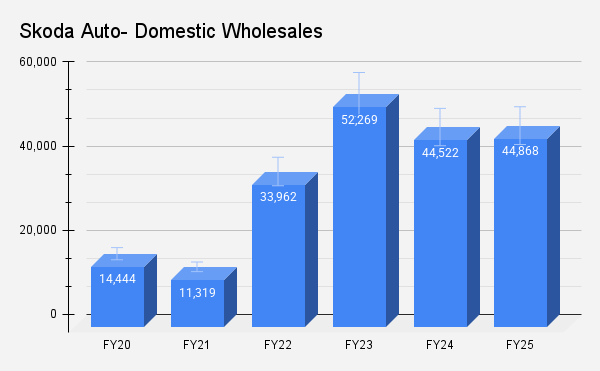
Skoda’s current India portfolio includes four models– the Slavia, Kushaq, Kylaq, and Kodiaq. Under its India 2.0 strategy, launched in 2018 with a planned investment of EUR 1 billion between 2019 and 2021, the company locally manufactured the Slavia sedan and Kushaq SUV, both launched in 2022.
This was followed by its first sub-4-meter SUV, the Kylaq, in 2024. All models are built on Skoda’s MQB platform.
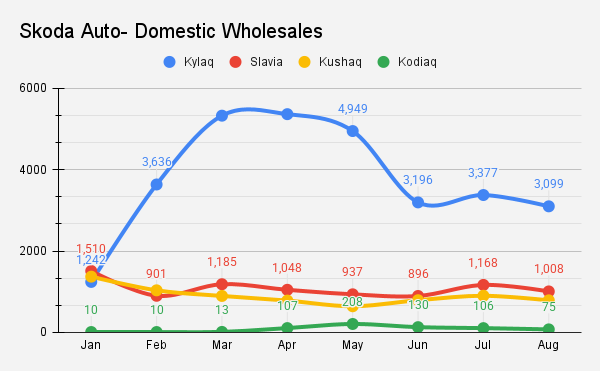
In April 2023, Skoda announced plans to launch six EVs globally by 2026. It now offers models such as the Elroq, Enyaq, and the recently unveiled Epiq in its EV portfolio. However, Skoda has no plans to bring these to India, citing high price points and taxation on import of fully built units.
With no defined multi-fuel strategy, it also remains unclear how the company intends to comply with CAFE norms expected to come into effect in the Indian market from 2027.
Festive fervour?
With GST rationalisation and price cuts effective from September 22, Skoda has seen bookings and deliveries double over the past two weeks. However, Gupta cautioned that “sometimes the initial euphoria can overshadow the underlying reality”, noting that sales were almost nonexistent from September 1 to 20, making the recent surge appear more pronounced.
He expects the industry to achieve 3.5 to 4 percent growth in FY26 over last year, meeting initial projections. While H1 underperformed, H2 is expected to compensate for this setback thanks to the GST cuts.
The Brand Director reiterated that Skoda wanted to have a “very unique brand voice which has been very hard to establish”.
The company has over 310 touch points across 177 cities, with many of them expanding to Tier-2 and Tier-3 towns.

